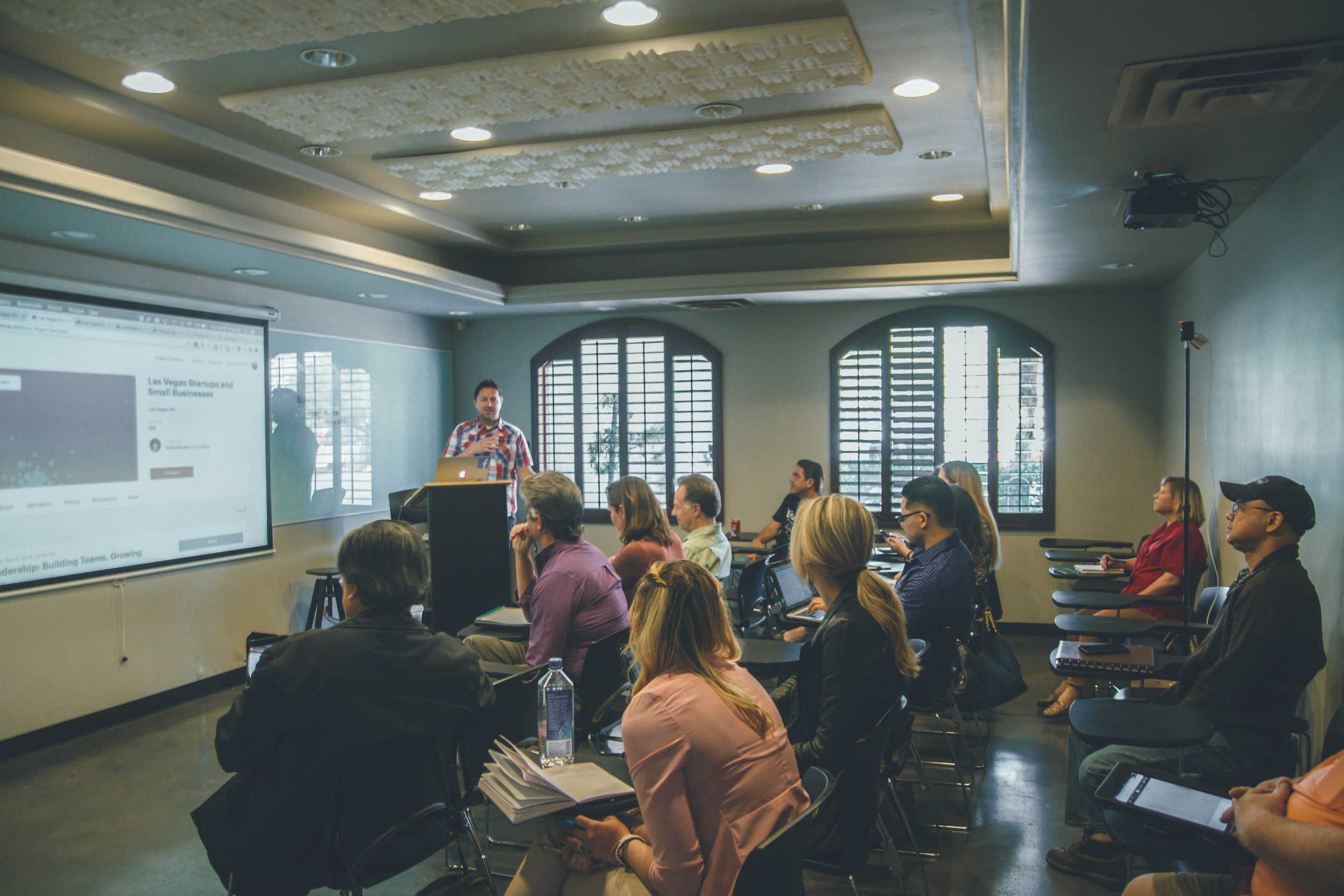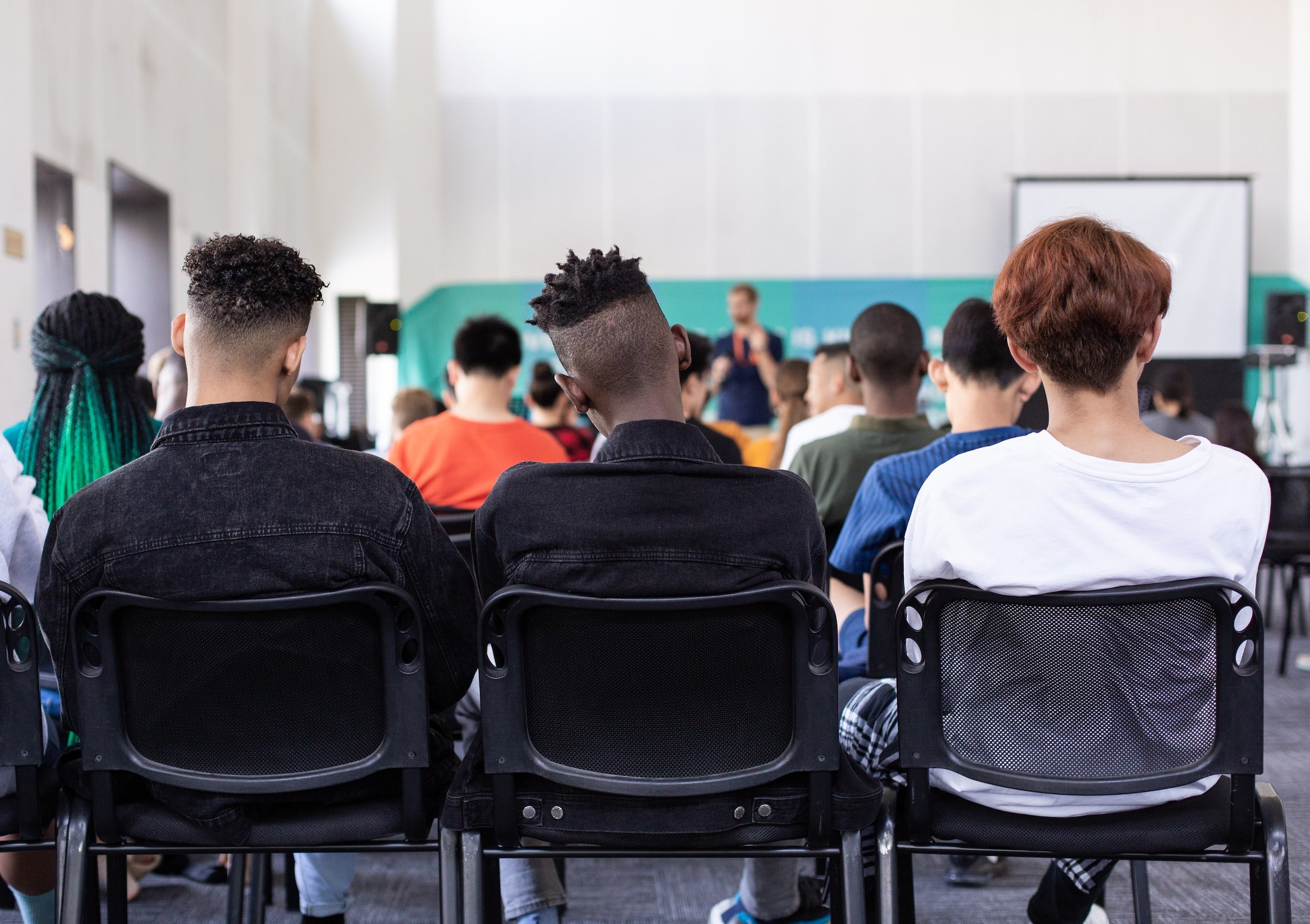
Changing Laws for Credit
“Your homework: Change public policy.” This was the daunting task I gave to the aspiring public and nonprofit leaders enrolled in my graduate policy course at Cleveland State University’s Maxine Goodman Levin College of Urban Affairs. This wasn’t simply a pep talk; this task was their main assignment for the course. All semester long, the students were charged to work in groups to lobby for some state or local legislative or administrative change.

Making the Economic Development Process Accessible to Students
Economic development is a complex process by which local entities compete for development projects. Theory development in this area has ranged from descriptions of the economies of corporate clustering, transportation cost networks, central place theory, growth machine theory, and transaction cost theories to name a few. While these theoretical perspectives provide a basis for understanding “why” cities need economic development to survive in a highly competitive, fractured metropolitan space, these theories do little to show students the “how” of economic development decision-making.

Mississippi State is All-In
College students participate in elections at lower rates than average Americans. And yet, being in college exposes them to an environment of diversity, inclusion, political debate, political dissent, and a multitude of social interactions. If the foundations for civic engagement exist, why is there such a disconnect between the college experience and political participation?

An Applied Economic Development Project for Urban Politics Classes
I have the pleasure of teaching an upper-level political science course called “Urban Politics & Policy.” In order to help my students connect what they are learning to real-life situations, I have them (in small groups) create economic development plans for actual U.S. cities.

Surge in LGBTQ+ and Women of Color Candidates, Yet Obstacles Remain for LGBTQ+ Voters
The diversity of political candidates across the states is becoming evident with each election cycle, particularly at the local level. More women of color and LGBTQ+ candidates are not only leading strong competitive campaigns, but also winning office with progressive platforms. In 2017, for example, nine openly transgender candidates won elections mostly at the local level: four in city councils and two in school boards. Minneapolis elected two transgender council members – Andrea Jenkins and Phillipe Cunningham – making them the first out transgender black woman and first out transgender black man elected to public office in U.S. history.